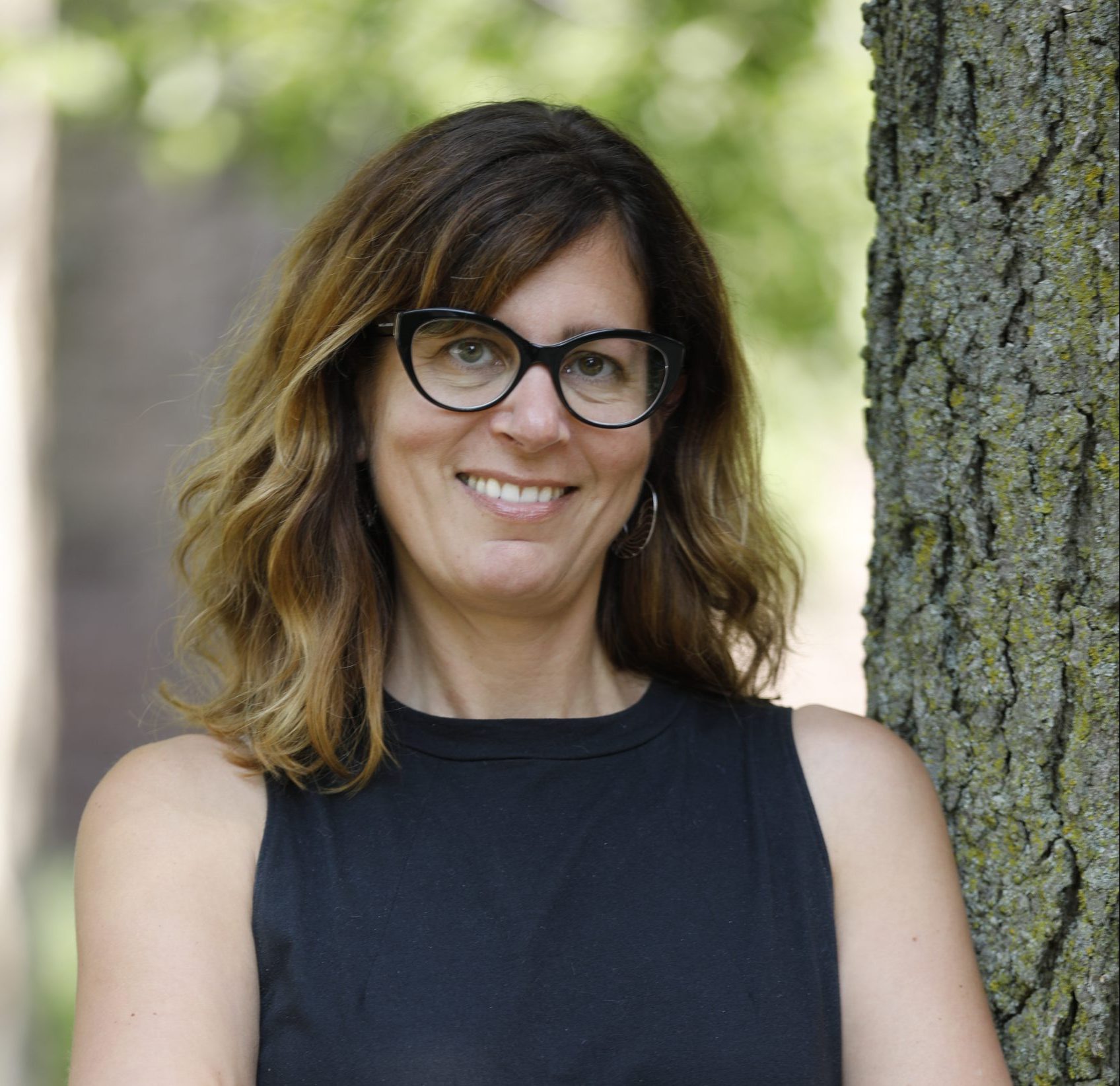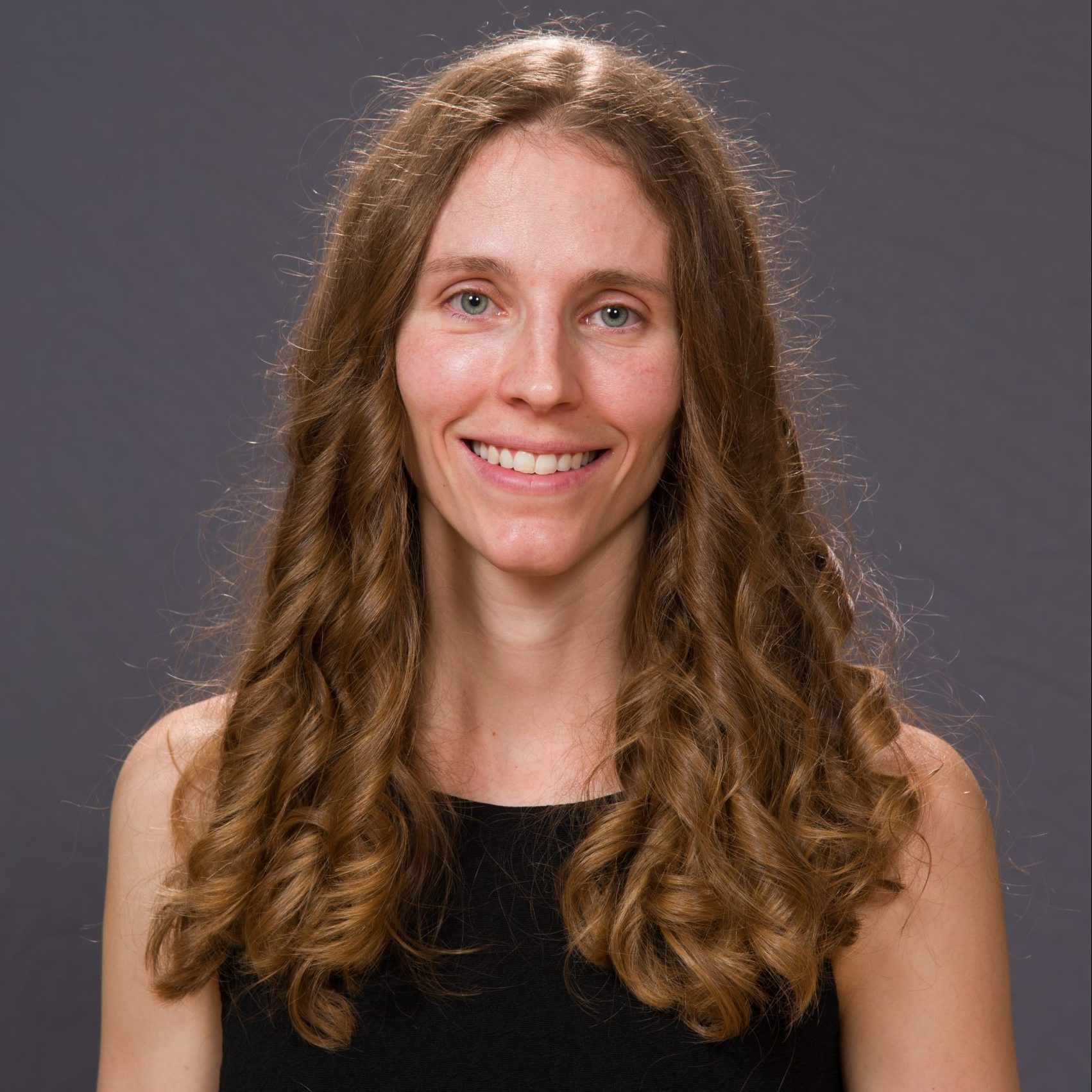CERCLL is offering a series of professional development webinars for language educators over the course of the 2022-2023 academic year, in which presenters bring newer, multiliteracies approaches to address traditional topics in language teaching. Participants who attend these webinars live can request a certificate of attendance for 1.5 hours of continuing education for each of these events. In addition, live attendees will be contacted after each webinar with information about how to apply for a digital badge.
You can also access all recordings in the Multiliteracies Takes on Language Teaching series on our YouTube channel.
Nurturing Creativity and Agency in L2 through Digital Storytelling Projects
Wednesday, March 22, 2023, 10-11:30 AM (Arizona)
To see the time of this event where you are, visit: https://tinyurl.com/2kyyfzmz
Webinar presented by Elyse B. Petit (Santa Rosa Junior College, California)
Digital Storytelling (DS) is a textual narrative embedded with other modes of communication. It consists of a “short, two to three-minute mini-film usually based on still photos brought into a multimedia format with a textual narrative read with the narrator’s voice (Lundby, 2008, p.366). Many studies have examined the integration of digital stories in educational settings. Still, studies have yet to explore DS in Foreign Language/L2 learning contexts and the beneficial impact on students’ cognition, language learning, and technology and media skills. Inspired by the Story Center’s movement and mission to “create spaces for listening to and sharing stories” and to provide “skills and tools that support self-expression, creative practice and community building” (https://www.storycenter.org), Dr. Petit uses the Center Story’s steps into the curriculum to help students to produce personal and unique digital narratives in L2.
Through samples drawn from learners’ productions, this webinar will present how digital narratives engage students with all language modalities (writing, reading, listening, and speaking), combine various modes (soundtrack, voiceovers, and images) and genres (interview, documentaries, and moving and still images), and develop coherent narratives in which they can express their emotions and values.
In this webinar, participants will 1) define digital storytelling and reflect on what it entails in foreign/L2 language classrooms.; 2) consider the challenges and strategies to organize and assess digital storytelling projects; and 3) discuss how to implement DS in their teaching context.
➣ Further details and the link to register are here.

Learning at, from, and with the art museum: A multiliteracies perspective.
Tuesday, February 28, 2023, 10-11:30 AM (Arizona)
To see the time of this event where you are, visit: https://tinyurl.com/4ysnsz4b
Webinar presented by Christelle Palpacuer Lee (Rutgers University)
In this webinar, participants we will connect with the material, creative, and embodied dimensions of L2 learning and teaching, by examining what we can learn from, at, and with the art museum. We will engage with the following questions: ‘What is a museum?’, ‘How do museum-based and pedagogies of multiliteracies intersect?’ and ‘How can I engage L2 learners with (art) museum texts across sites of practice?’ This webinar will provide answers to these questions with a specific focus on the PreK-16 world language classroom, using texts from diverse museums, as well as instructional and experiential strategies drawn from research and from various collaborative projects. First, we will interrogate the art museum as a space of possibilities for language learning and teaching. This will lead us to consider museums as dynamic, situated and multilayered texts and to discuss multimodality, intercultural dialogue, and democratic engagement. Second, we will explore the intersections of pedagogies of multiliteracies with creative, embodied, sensory and material approaches to language and literacies learning and teaching. Third, I will provide frames for engaging L2 learners with, at, and through museum texts, using examples and strategies from research and various projects. Participants will be invited to share their own ideas, strategies, and local practices to include in their own contexts. Finally, we will examine how our engagement with museums and museum texts can open up speculative spaces for the collective re-imagining of world languages and literacies education.
➣ Further details and the link to register are here.

Genre Pedagogies in the World Language Classroom
Tuesday, January 26, 2023,10-11:30 AM (Arizona)
To see the time of this event where you are, visit: https://tinyurl.com/yrtfr4x6
Webinar presented by Bruna Sommer-Farias (Michigan State University)
➣ Click to access the recording for this webinar.

Fall 2022 Webinars in this Series
Click on the titles below to access the recordings of the Fall webinars in the Multiliteracies Takes on Language Teaching series.

Kate Paesani
(University of Minnesota)
Using Language Forms to Communicate About Texts: A Multiliteracies Perspective

Amanda Shufflebarger
(Texas University East)

